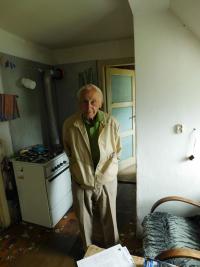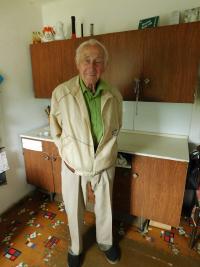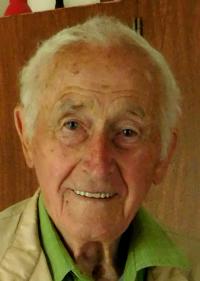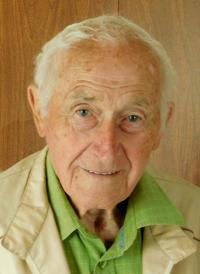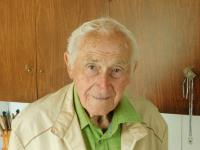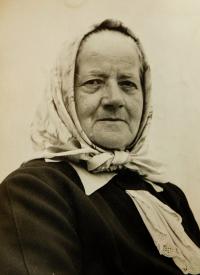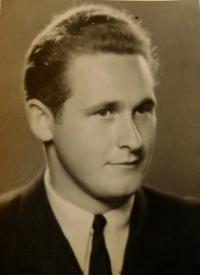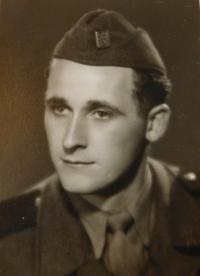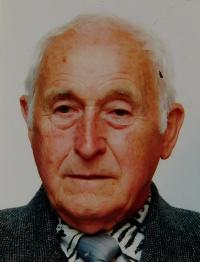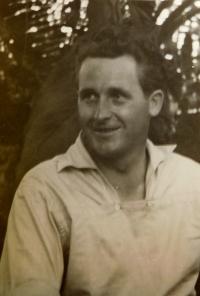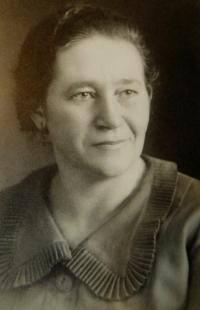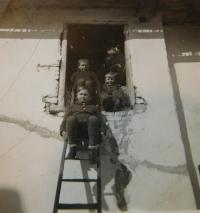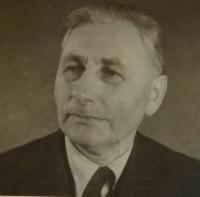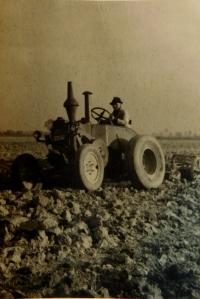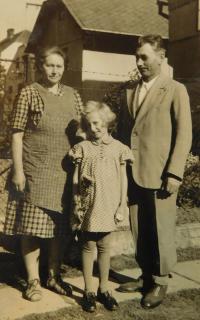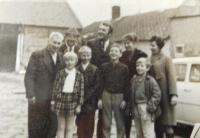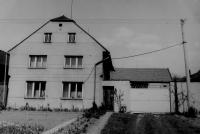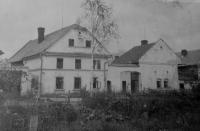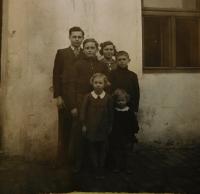They put the father in prison and the sons to forced labour
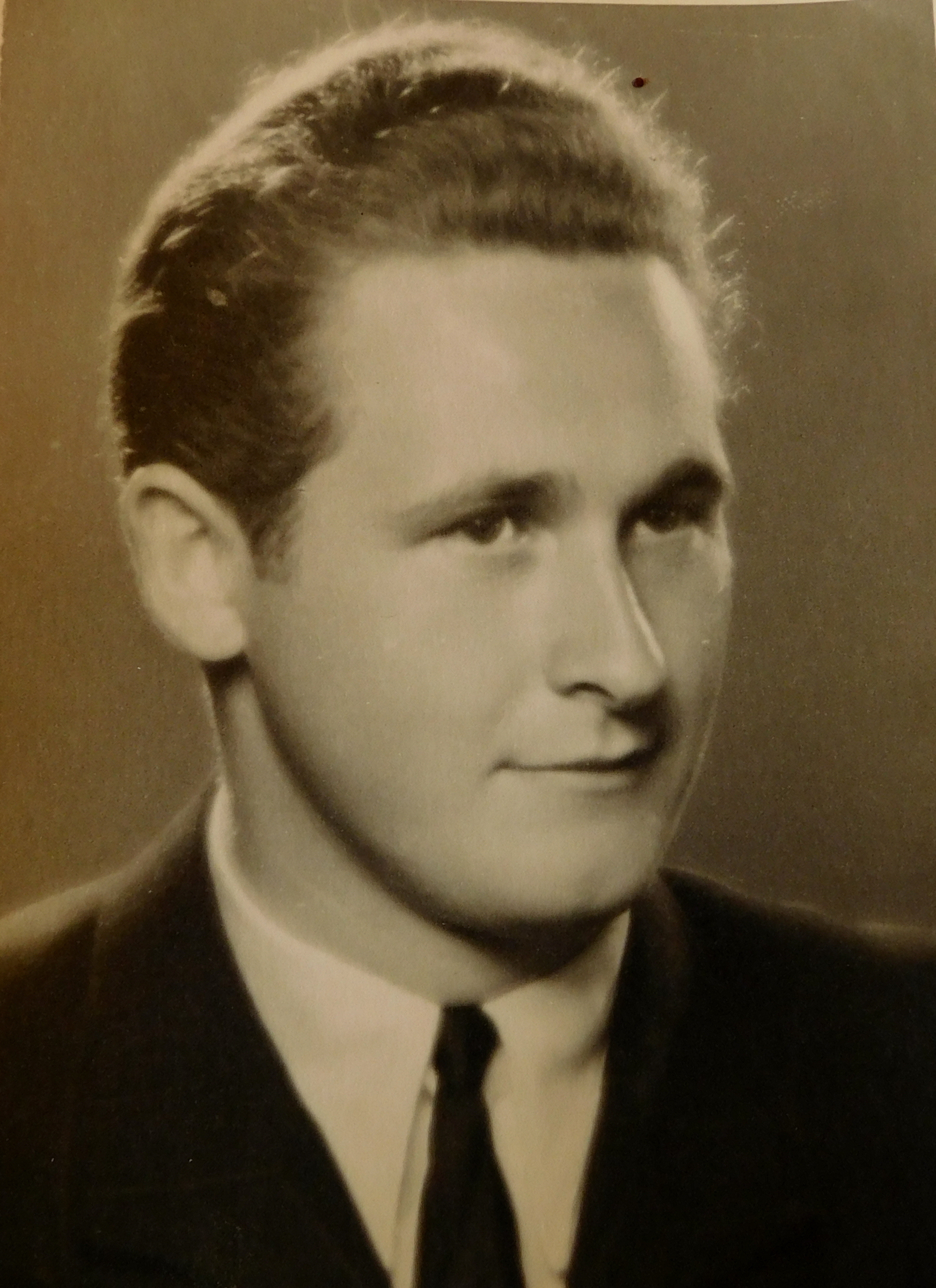
Stáhnout obrázek
Jan Škoda was born on 8 January 1928 in the village of Žerotín in Šternberk District. His family owned the second biggest farm in the village with 20 hectares of fields. Although his father gave in to pressure during the collectivisation of agriculture directed by the Communist regime and joined the local united agricultural cooperative (UAC), he still bore the brunt of persecution and imprisonment. The UAC expelled him as a „kulak“, and several months later he was convicted in a show trial and sent to prison for a year. Even before that, Jan Škoda had to relinquish his studies at the University of Agriculture in Brno, and when he commenced his military service, he was assigned to the Auxiliary Engineering Corps (AEC), where he put to work on construction sites and in Julius Fučík Mine in Petřvald for an illegal 39 months. His brother František was also assigned to the AEC; he „served“ his mandatory time in the military in the coal mines around Kladno. Upon returning from the army, Jan Škoda found a job as an agronomist at Oseva National Enterprise in Jeseník, where he stayed until his retirement. As of 2017, he lives in Jeseník, were had served as chairman of the local branch of the Auxiliary Engineering Corps Union until its dissolution. Jan Škoda passed away on June, the 16th, 2018.
